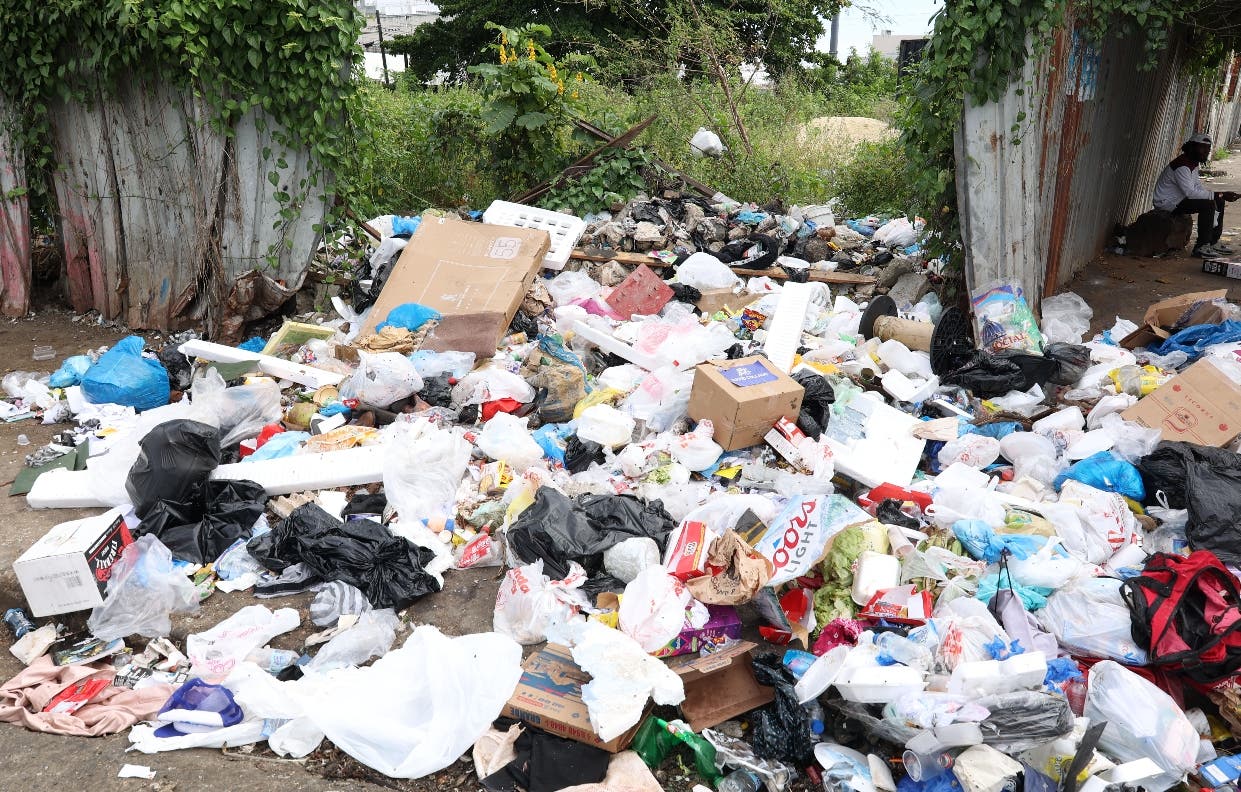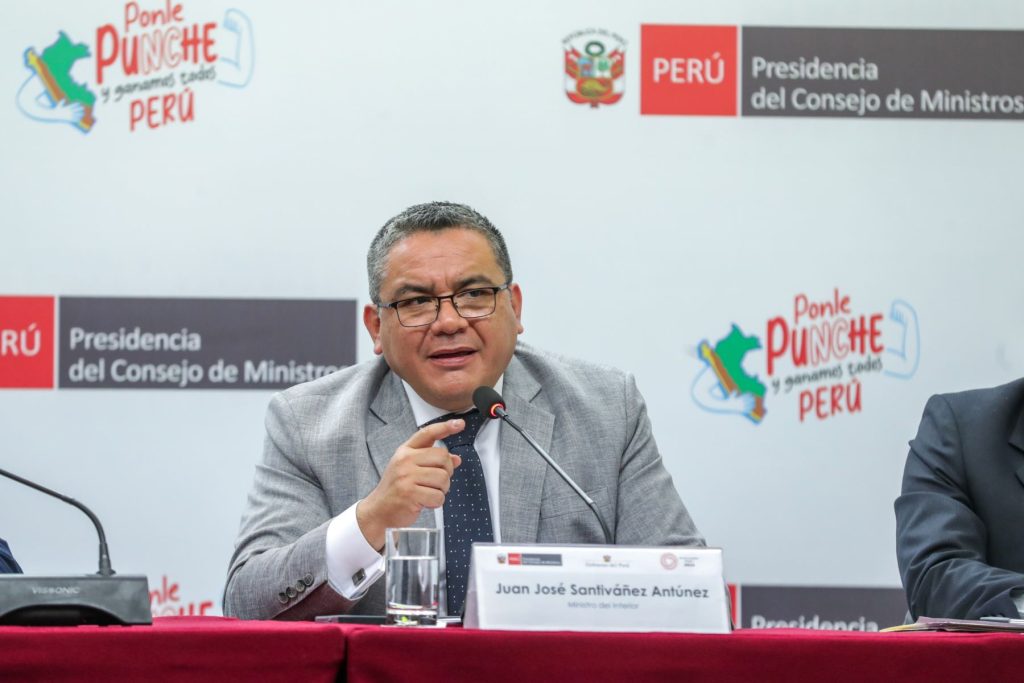Concern over the recent approval in the Senate of the Republic of a modification to Law 255-20 on Comprehensive Management and Co-processing of Solid Waste continues to be evident by unions representing the business sector, which assure that this decision was made by part of that legislative chamber without an adequate public consultation process or equitable representation in the discussions by the productive sectors.
Both the Dominican Confederation of Micro, Small and Medium Enterprises (Codopyme) and the National Network of Business Support for Environmental Protection (Ecored) maintain that the modification was approved in the absence of key voices, such as those of the Ministry of the Environment, the Sustainable DO Public-Private Trust and business organizations, reflects a lack of inclusion that puts at risk the principles of governance, sustainability and participation that underpin that law.
Codopyme understands that before considering reforms of this nature, it is necessary to prioritize the correct implementation of the pending aspects and guarantee that the modifications reflect a balance between environmental demands and the economic capacities of the productive sectors, especially MSMEs.
“It regrets that the proposed modifications, which contemplate disproportionate increases in the special contribution of up to 3,750%, generate serious concerns for micro, small and medium-sized businesses, which represent the backbone of the national economy.”
“These additional burdens would not only reduce its competitiveness, but would also affect the ability to sustain jobs and contribute to economic development, at a time of great challenges for the Dominican Republic,” he argues.
Meanwhile, Ecored expresses that the reform will “seriously” affect sustainability and comprehensive waste management and will have a significant impact on companies, especially MSMEs.
It maintains that Law 225-20, enacted in 2020, is the product of a broad consensus between the public and private sectors, emphasizing that before considering changes, it is crucial to implement the pending aspects of the current regulations.
In addition, it describes the reform as a setback to the efforts of more than a decade to develop capacities for the management and recovery of solid waste in the country.















